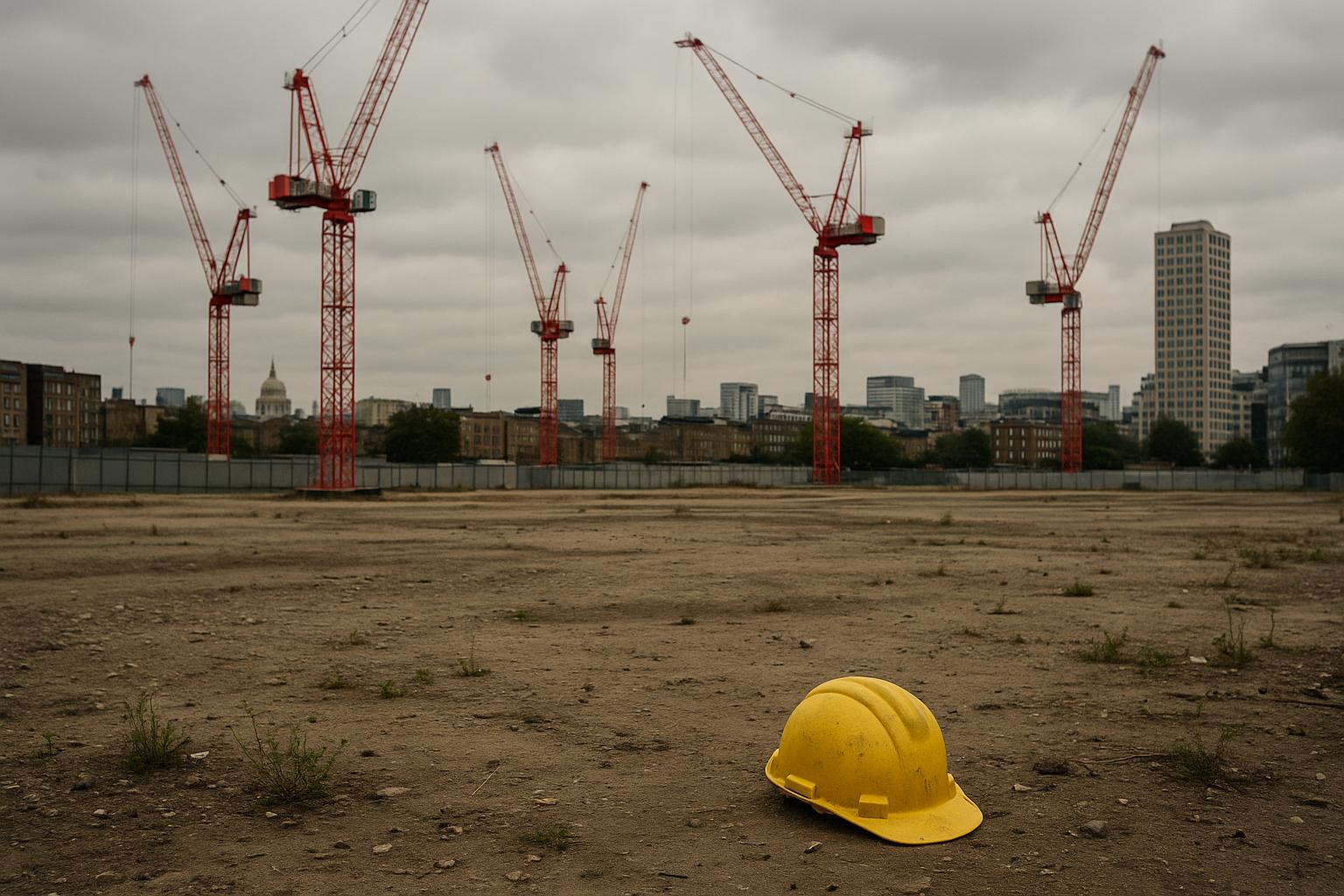London’s housing crisis remains at the forefront of the capital’s political agenda, with Mayor Sadiq Khan acknowledging the urgent need to tackle both the lack of homes and the escalating affordability issues faced by many residents. Khan has emphasised that Londoners have been priced out of the city for too long, underscoring the critical importance of boosting housing supply to meet soaring demand.
In a bid to accelerate housebuilding, Khan is reportedly contemplating a reduction in the current policy that mandates 35% of new developments be affordable homes—a rule some argue has contributed to the slowdown in construction. The mayor has been engaging with developers, local councils, and the government to seek flexible regulatory measures tailored specifically to London’s unique housing landscape. Khan is looking to forge a bespoke agreement with Westminster designed to break the existing housing standstill and stimulate the construction of more homes.
Despite these efforts and the mayor’s ambitious pledges, the scale of the challenge is stark. Data reveals that the number of affordable homes started in 2023-24 with City Hall funding has dropped to just 2,358—the lowest figure since Khan took office eight years ago. This pales in comparison to the estimated 43,000 affordable homes that London requires annually to meet demand. Some boroughs have recorded little to no new affordable housing being built, reflecting uneven progress that threatens to deepen the crisis.
To counter these setbacks, Khan launched a £3.5 billion housebuilding programme focusing on social and affordable housing, with plans to create 40,000 new council homes by 2030, including 6,000 rent-controlled properties for key workers. A critical part of this strategy is the establishment of a City Hall-owned housing developer aimed at directly overseeing and accelerating construction projects to more effectively address the shortfall.
However, criticism of the pace and scale of delivery has come from political opponents. Senior Conservative MP Kevin Hollinrake described the performance of Khan’s affordable housing programme as "catastrophic," pointing to the fact that, despite a £4 billion government funding boost to start 35,000 affordable homes by March 2026, only around 3,026 homes have begun construction. This represents a mere 13% of the target, raising concerns about whether the mayor’s goals can be met within the planned timeframe.
Further illustrating the scale of the problem, an interactive map reveals significant discrepancies in affordable housing delivery across the capital. Several London boroughs have not yet commenced building homes pledged under City Hall programmes, with work pending on more than 12,000 properties. These figures have prompted the government to reduce the mayor’s affordable housing targets, highlighting the complex difficulties in transforming policy promises into bricks and mortar on the ground.
In addition to public sector initiatives, bold partnerships are part of the solution. Recently, Khan announced an £8 billion deal with the housing association L&Q to construct 20,000 new homes, 60% of which will be affordable. Backed by £400 million from City Hall and support for land acquisition and infrastructure, this represents a significant investment aimed at tackling London's housing shortage through collaboration with the private sector.
The situation remains fluid, with the mayor seeking innovative and flexible approaches to unlock housing supply while critics call for swifter, more tangible action. The balancing act between regulatory requirements, affordability, and actual construction progress continues to define London’s complex housing debate as the city grapples with meeting the desperate need for affordable homes.
📌 Reference Map:
- Paragraph 1 – [1], [2]
- Paragraph 2 – [2], [1]
- Paragraph 3 – [3], [6]
- Paragraph 4 – [4], [3]
- Paragraph 5 – [5]
- Paragraph 6 – [6], [3]
- Paragraph 7 – [7]
- Paragraph 8 – [2], [5], [7]
Source: Noah Wire Services
